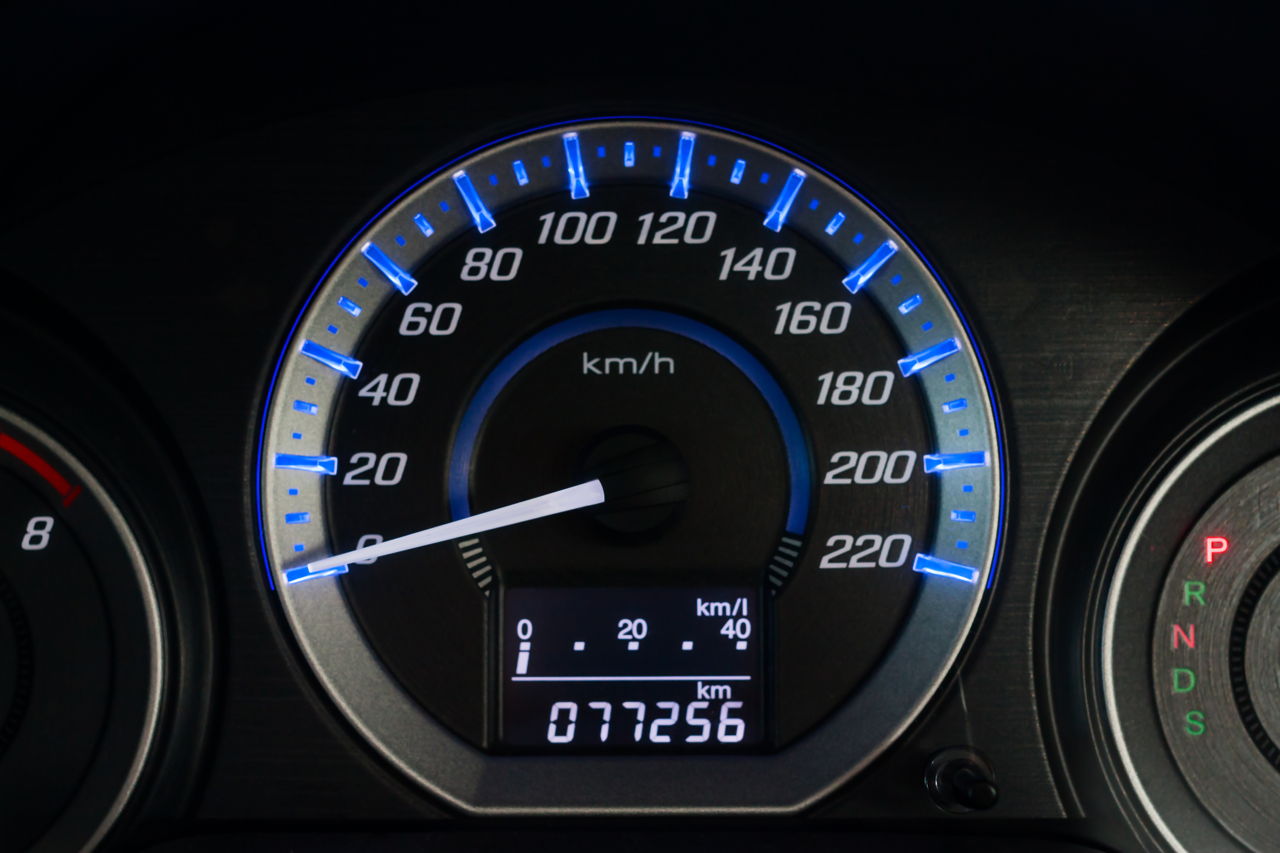
The information about average car life expectancy provided in the article should be useful for potential owners. It would help in easing the decision-making process while buying a car.
A car’s life depends on many different factors and enhancing it is possible, given that proper care is taken. The knowledge about things/factors which affect its life should be useful for those who are planning to buy it. The money that one is going to spend in a vehicle can be put to good use with proper knowledge of automobiles. On that note, here are a few tips for you on car life expectancy.
Average Lifespan
The lifespan of this vehicle is mostly calculated in terms of miles covered. However, range can be different for different vehicles. Average lifespan in general is between 165,000 and 200,000. As per the US Department of Transportation, on an average, automobiles have a lifespan of just over 13 years. The standard specification for mileage given by the department is 145,000. The different measures and factors, which play an important in determining the lifespan are as follows.
- Usage and regular servicing.
- Number of miles traveled.
- Rust and wear and tear of the car body, which takes place in the course of time.
Mean Time between Failures (MTBF)
The MTBF is a time span between failures of the system of a car. The MTBF calculations are based on assumptions that a failed system is immediately repaired and that the elapsed time between the failures is zero. It is important in the measurement of the lifespan.
Replacement of Parts and its Effect
The replacement of the parts of the automobile have an effect on its life. The parts which are higher in cost can be replaced, and life of the car increases. However, the budget/costs incurred in such maintenance works may have an effect on the economics of the car. Vehicles that come with warranties are easy to maintain. Lifespan of such vehicles increases automatically.
Increasing the Lifespan
The life expectancy of a car can be increased by taking several precautions given below.
- The key fluids which play an important role in the functioning should be monitored on a regular basis.
- Oil should be changed regularly.
- One should never allow rust to damage the automobile. Quick and timely measures to keep rust at bay should help.
- Filters should be checked regularly.
- The timing belt need to be maintained on a regular basis.
- It is necessary to change the plugs if replacing them is a must.
- Reading and following the instructions presented in the user manual is of utmost importance to sort out most of the problems that crop up regularly.
- Driving smoothly is necessary, as it helps in keeping the parts in a good condition for a long time.
One should be aware of the lifespan of his vehicle, based on the usage patterns. The decisions pertaining to repair and maintenance works can be made with this knowledge. If the vehicle is nearing its end, one shouldn’t spend much on the maintenance work. Junking it directly, too, is not a sensible decision. One should instead, look out for salvaging its existing components/parts. The working parts of the body can be sold for good returns. In many cases, it is possible to even sell tires and body. Selling these parts can fetch the owners a few bucks and save him all the paperwork. Putting it up on an auction is also not a bad idea.
The car life expectancy is a matter of how a person uses it. It is always possible to maximize the lifespan of a car given that the owner takes proper care of it.





